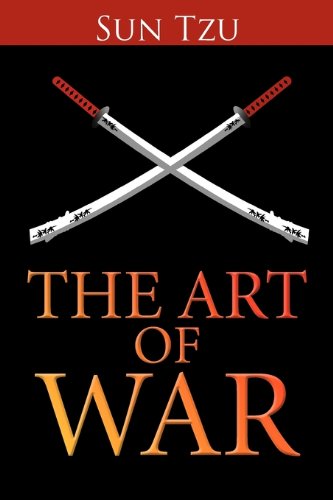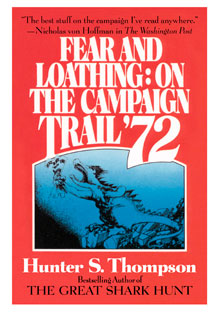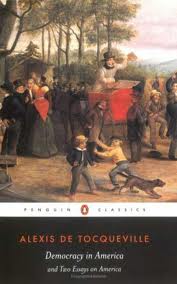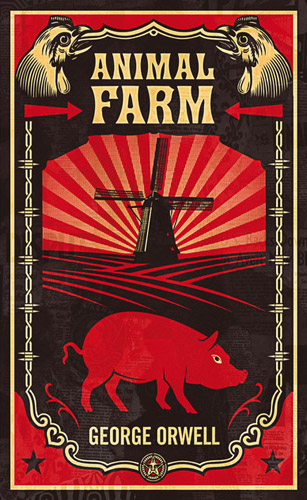Politics seem to shift with the wind. As times change, so do the needs and agendas of various constituencies of people in the ever-changing dynamics of civilizations. While the hot button issues may rise up and fall away ad infinitum, and the tactics and shenanigans of politicians may seem to grow ever more absurd, some basic principles of government have proven far more enduring.
The list we’ve compiled includes books that have spoken to the deeper aspects of humanity and our need for politics, those that transcend the specific issues of a particular era. Memoirs by famous politicians, such as Barack Obama’s Dreams from My Father or Winston Churchill’s Memoirs of the Second World War deserve their own category, so here we’re only focused on those books that have withstood the swirling winds of their times and have established themselves as important voices of the greater human condition.
 The Art of War by Sun Tzu (around 500 BCE)
The Art of War by Sun Tzu (around 500 BCE)
Influential to both Eastern and Western military thought throughout the past 2000 years, The Art of War frames warfare as a necessary evil, one that must be avoided whenever possible but also waged justly and efficiently when it becomes necessary. Sun Tzu argued that wars be waged swiftly to avoid excess cost and that massacres and other atrocities be avoided lest they serve as a rallying cry for the opposition. He also went into great detail about the importance of military positioning in combat, and his ancient words still inspire military leaders to this day.

The Republic by Plato (around 380 BCE)
The definition of justice is typically something that’s considered rigid or the result of common sense, yet it’s actually rather fluid given the varying circumstances. One of the first notable ruminations on the subject occurred in Plato’s Socratic dialogue The Republic. In it, Socrates argues that justice does not always involve helping friends and harming enemies, because a just man would harm no one. The dialogue between Socrates and various Athenians includes debates on how both a city-state and an individual can be defined as “just” and also delves into more nebulous topics including the role of philosophy and poetry in society at large and discussion on the nature of soul.
Democracy in America by Alexis de Tocqueville (1835-1840)
During his 19th century tour of America on the pretense of writing about its prison system, Frenchman Tocqueville studied American society at large for one of the more insightful outsider commentaries on the burgeoning world power. He commented on the dissolution of aristocracy and the emergence of democracy as one of the leading systems of government of the era, specifically for its emphasis on creating greater equality among America’s citizens. Despite holding patriarchal views of women in society, Tocqueville was one of the first to note America’s shift toward greater equality for both genders.
Animal Farm by George Orwell (1945)
The only novel in this list makes it because Orwell’s classic serves as such a poignant allegory for how absolute power corrupts absolutely. When farm animals rise up and overthrow their unjust farmer, claiming their independence in the process, the pigs gradually assert ever-tightening control over the other groups of animals. Orwell said that this book was written in response to his witnessing how totalitarian propaganda can so easily infiltrate the collective mindset of democratic societies, leading people to believe in equality but also, in practice, believe that “some animals are more equal than others.”
 Fear and Loathing on the Campaign Trail ’72
Fear and Loathing on the Campaign Trail ’72
by Hunter S. Thompson (1973)
Politics can be a strange beast, so there’s no better person to capture the madness of an election season that gonzo journalist Hunter S. Thompson. In his travelogue of the 1972 U.S presidential campaign trail (focusing on the Democratic Party’s primaries, while adding in a healthy dose of Thompson’s vitriol for Richard Nixon), this book provides a unique insider look at campaigns as well as a critique of the mass media machine that fuels the ugliest aspects of the democratic process.

